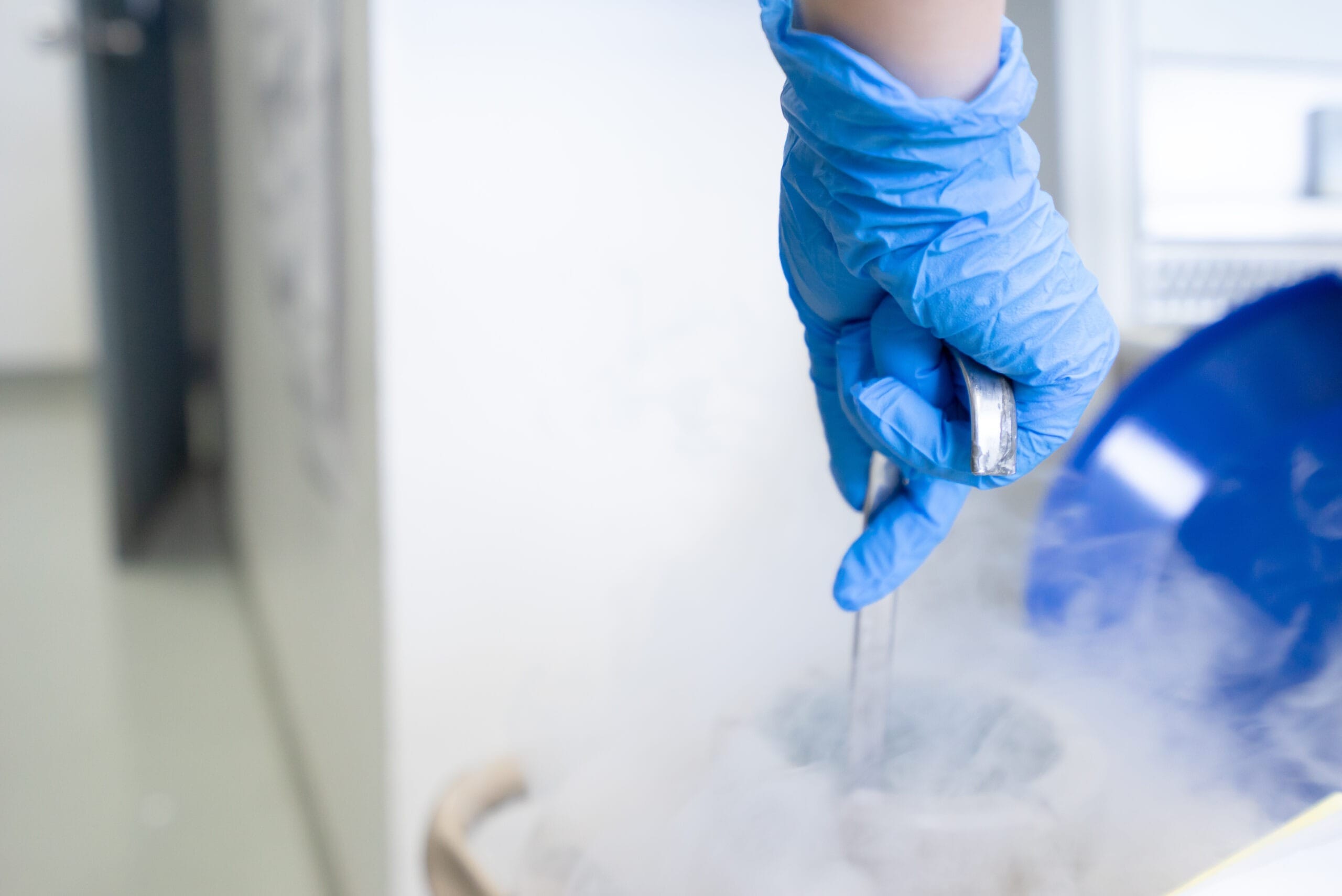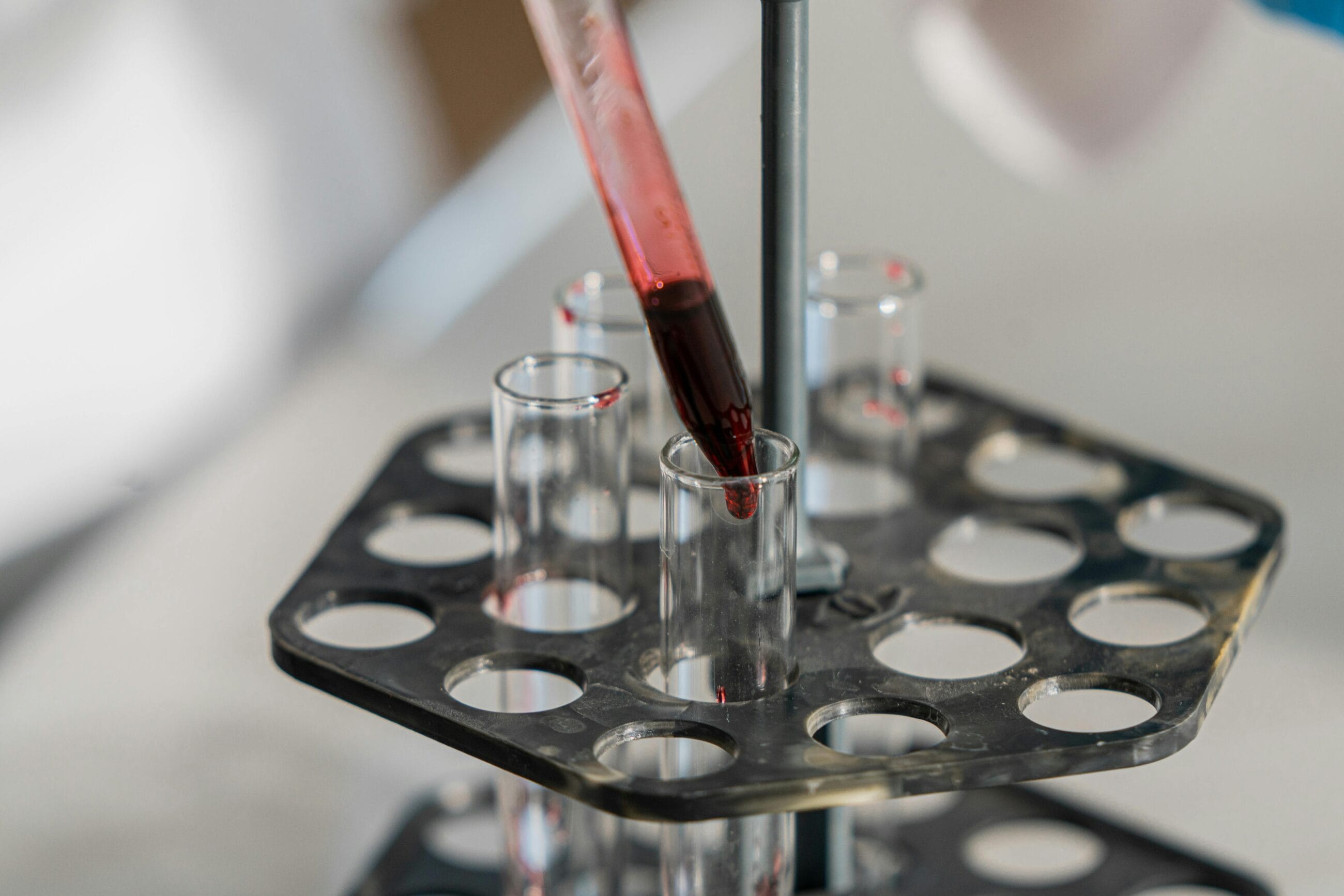Starting a family is an exciting milestone, but not everyone’s timeline aligns perfectly with nature’s clock. That’s where fertility preservation comes in. Whether you’re focusing on your career, undergoing medical treatments, or simply planning ahead, modern science offers ways to safeguard your future parenthood goals.
Singapore provides a range of fertility preservation options, from egg and sperm freezing to advanced techniques like embryo storage. It’s never too early to think about your future.
By exploring these options now, you can take proactive steps toward preserving your dreams of starting a family, with expert support every step of the way.
Understanding Fertility Preservation Options
Starting a family is an exciting milestone, but not everyone’s timeline aligns perfectly with nature’s clock. That’s where fertility preservation comes in. Whether you’re focusing on your career, undergoing medical treatments, or simply planning ahead, modern science offers a range of options available to safeguard your future parenthood goals.

Singapore provides a range of treatment options for fertility preservation, from egg and sperm freezing to advanced techniques like embryo storage. For individuals with a uterus, there are also specific options for fertility preservation designed to meet their unique needs. It’s never too early to think about your future.
By exploring these options now, you can take proactive steps toward preserving your dreams of starting a family, with expert support every step of the way.
Fertility Preservation Methods
Advancements in reproductive medicine have created a variety of options for those who want to preserve their fertility. Here’s a breakdown of the most common methods:

Egg Freezing
Egg freezing is becoming increasingly popular among women who want to delay parenthood. Consulting a fertility specialist can help determine if this option is right for you. The process involves:
- Stimulating the ovaries with hormones to produce multiple eggs.
- Retrieving the mature eggs from the ovaries.
- Freezing the eggs for future use.
These eggs can later be fertilized with sperm in a lab to create embryos when you’re ready to conceive. It’s a versatile way to preserve your fertility before age or other factors affect fertility.
Sperm Freezing
Sperm freezing is a simple and effective way for men to preserve their fertility. It benefits those facing medical treatments like radiation therapy that could harm sperm production or those who want to preserve healthy samples ahead of age-related declines. A fertility specialist can guide you through this process. The frozen sperm can be stored indefinitely and used later in fertility treatments like intrauterine insemination (IUI) or in vitro fertilization (IVF).
Embryo Freezing
For couples or individuals with a partner, embryo freezing is another viable option. This method involves fertilizing eggs with sperm in a lab to create embryos, which are then frozen for future implantation. This approach is often recommended for those undergoing treatments like chemotherapy or those who know they’ll want to use embryos later rather than unfertilized eggs. A fertility specialist can help you determine how this option fits into your goals to preserve your fertility.
Ovarian and Testicular Tissue Freezing
These options represent emerging frontiers in fertility science. Ovarian tissue freezing is mainly used for young girls facing medical treatments that may affect fertility, while testicular tissue freezing is an experimental option for young boys yet to produce sperm. Both methods involve freezing tissue that contains reproductive cells for future use and are often guided by a fertility specialist’s expertise.
Why Consider Fertility Preservation?
Now that we’ve explored the methods, let’s look at the reasons people might want to preserve their fertility.

Medical Reasons
- Cancer Treatment: Chemotherapy and radiation treatment, while lifesaving, can damage eggs, sperm, or reproductive organs. If you’re a cancer patient, fertility preservation is often recommended before undergoing these treatments to safeguard the possibility of having a biological child later. Fertility clinics play a key role in providing options for women with cancer or others undergoing treatment that could affect your fertility.
- Autoimmune Diseases: Conditions like lupus or rheumatoid arthritis often require medications that could impact fertility.
- Genetic Predispositions: Some individuals may have conditions linked to early menopause or other fertility-related challenges identified through genetic testing.
Lifestyle and Personal Reasons
- Delayed Parenthood: Many people delay having children to pursue career goals, personal development, or financial stability. Egg or sperm freezing offers peace of mind during this time.
- Family-Building Flexibility: Same-sex couples or individuals planning to use a surrogate may preserve their fertility to align with their long-term family plans.
- Technological Advancements: The continually improving success rates of techniques like embryo cryopreservation give many hope for starting a family, even if not immediately in their plans.
Impact of Cancer Treatment on Fertility
Cancer treatments, while lifesaving, can impact fertility. Understanding the effects of cancer on reproductive health empowers individuals to explore options available to preserve fertility and make informed decisions about their long-term reproductive health and quality of life after cancer.
Chemotherapy: Often used to target rapidly dividing cancer cells, chemotherapy can also harm healthy cells, including eggs, sperm, and reproductive tissues. The effects vary depending on the type, dose, and duration of treatment. Fertility preservation prior to treatment can help mitigate potential long-term impacts, particularly for young women with cancer who may want to plan for their future families.
Radiation Therapy: This treatment uses high-energy rays to destroy cancer cells but may damage nearby reproductive organs, especially if administered to areas such as the pelvis. Shielding techniques or targeting methods can help reduce risks, though careful planning is essential to preserve fertility and ensure a better quality of life after cancer.
Surgery: For cancers affecting reproductive organs, surgical removal of ovaries, testes, or other structures can directly impact fertility. Some procedures may be adapted to preserve reproductive potential, depending on the individual case and the options available to preserve fertility for young women with cancer.
Targeted Therapies and Immunotherapy: While these treatments typically have fewer side effects, some can still disrupt hormonal balance or impact fertility over time. It’s important to discuss potential risks and available options with a healthcare professional to ensure the best possible quality of life after cancer.
Understanding these impacts allows individuals to make informed decisions about options available to preserve fertility before, during, or after treatment.
Fertility Preservation in Singapore
Singapore stands out for its world-class healthcare system and cutting-edge reproductive medicine. If you’re considering fertility preservation, here’s what you should know:
Availability of Services
Reproductive medicine clinics across Singapore, including Mediway Medical, offer a range of fertility options for those exploring methods of fertility preservation. Many of these clinics employ leading experts in fertility care, ensuring that patients, including those diagnosed with cancer, receive optimal support, from counseling to treatment.
Costs of Fertility Treatments
The expenses associated with procedures like egg or sperm freezing can vary. Factors like the number of retrieval cycles, storage costs, and supportive therapies can influence the overall figure.
It’s worth consulting with clinics to understand a detailed cost breakdown, especially in Singapore, where such services are tailored to individual needs. For patients undergoing cancer treatment, it’s important to note that cancer treatment can affect reproductive health, making fertility preservation a vital consideration.
Legal and Ethical Considerations
Singapore’s fertility preservation landscape operates within specific legal frameworks. For instance, there are guidelines regarding embryo freezing and its storage period, along with limitations on how preserved biological materials can be used.
Consulting with a clinic will help clarify these regulations. Additionally, organizations like the American Society for Reproductive Medicine provide valuable resources to better understand the implications of fertility preservation.
Support and Resources to Guide You
Fertility preservation is both a medical and emotional decision. Fertility preservation is the process of safeguarding the ability to have children in the future, often due to cancer or other medical conditions. Here’s how you can take care of every aspect of it:
- Professional Guidance: Always consult experienced reproductive specialists who can recommend tailored strategies based on your unique circumstances. It’s important to consult a fertility expert to understand the treatment options available.
- Counseling Services: Emotional support is invaluable during this deeply personal process, which is why many clinics in Singapore provide access to therapists and support groups.
- Reliable Clinics: Choose a trusted clinic like Mediway Medical for expert advice, state-of-the-art medical facilities, and compassionate care every step of the way.
Take the First Step Today
Planning for the future is a powerful act of self-care, and fertility preservation ensures that your dreams of building a family remain within reach, no matter what life brings.
If you’re considering taking this proactive step, I encourage you to schedule a consultation with us at Mediway Medical. Together, we’ll discuss your options, provide personalized advice, and ensure your fertility preservation process is smooth and stress-free.
Your future is in your hands, and I’m here to guide you every step of the way.









